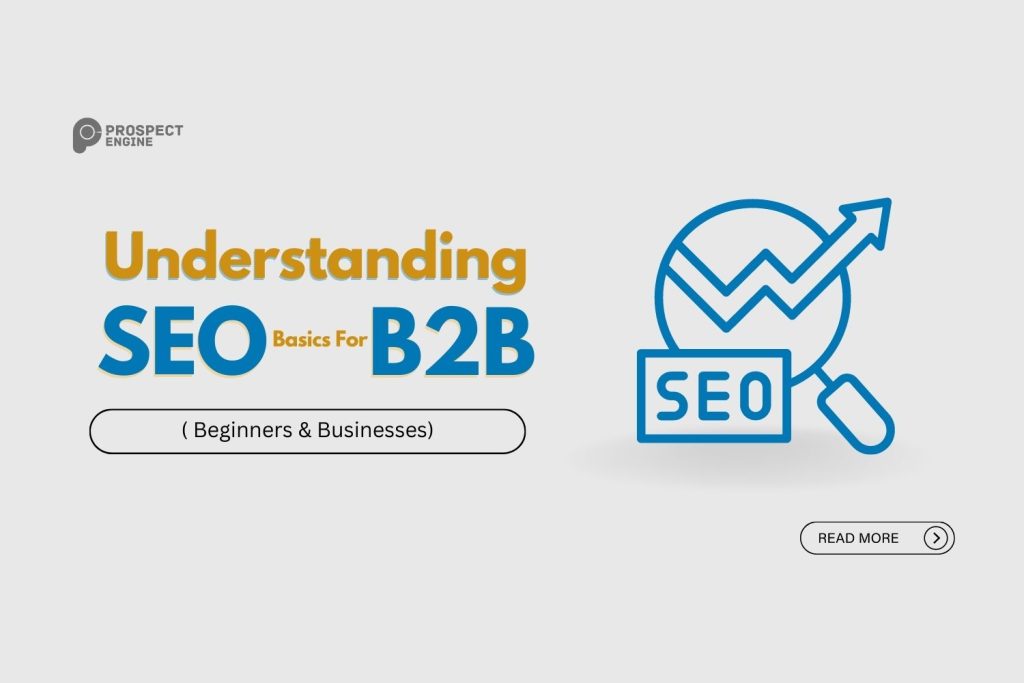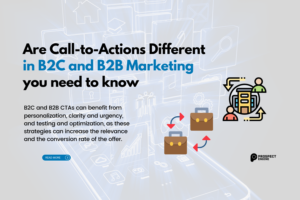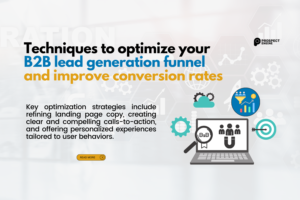Understanding SEO Basics In 3 Easy Steps (For B2B Beginners & Businesses)
Are you looking for a reliable source of free SEO leads?
Look no further! Our lead generation techniques are not only free but also long-lasting, thanks to the concept of evergreen SEO content.
Unlike traditional SEO strategies that require constant updates, our pages have the ability to retain their high rankings and attract a steady stream of traffic for months and even years.
Discover how we’ve achieved tremendous success in ranking for highly sought-after and valuable search terms, such as “LinkedIn ads agency,” “LinkedIn lead generation agency,” and “How to get 500 connections on LinkedIn.”
We’re happy to share our expertise and reveal the exact pages we optimized and the specific methods we used to achieve our results. This way, you can easily replicate our proven basic SEO strategy and start seeing similar success for yourself.
Understanding Why Most Businesses Fail At Basic SEO
Many companies fall short in their attempts to attract high-quality leads through organic search and basic SEO due to four key reasons. Firstly, they tend to rank for search terms that lack a clear indication of purchase intent, such as “What’s a public stock” instead of “Top Accountants in San Diego.” Secondly, incorrect keyword selection and misunderstandings of the intent behind these keywords are common obstacles. Thirdly, crucial on-page and off-page SEO principles are often overlooked. Finally, the content produced is frequently shallow and created by outsourced, non-expert writers.
However, SEO can be deceptively simple. Google’s algorithm prioritizes pages that provide the most relevant information for each search term. Thus, it’s not surprising that Google’s top ranking criteria include the relevance of a page to the search term and whether the user finds what they are looking for (as determined by signals such as time spent on the page, reading other articles on the site, and engagement metrics like clicks and scroll depth).
By avoiding these common pitfalls, companies can improve their ability to drive qualified leads from organic search and basic SEO.
How To Rank Any Page At The Top Of Google Using Basic SEO
Here are 3 steps to rank any page in the top couple of spots on Google:
Every website, be it a key page or a blog, should have a distinct focal point, a term that your target audience might utilize in their search on Google to gain deeper insight into your product, service, or industry. This focal point is what we refer to as a “focus keyword.”
Step 1 – Research and pick the right focus keyword
For instance, a local roofing company might aim to rank for the keyword “Roofing specialist in Dallas.” To identify such keywords, you can utilize Google’s Keyword Planner and enter the terms and keywords that you believe your target audience might be searching for.
The art of selecting focus keywords for your content involves a delicate balancing act of various factors. Utilizing the following five considerations can help ensure that the keywords you choose are not only popular but also relevant, purposeful, targeted, and attainable.
- Volume: The sheer number of monthly searches for a keyword is a crucial metric to consider. The more individuals search for a particular term, the greater the potential reach of your content.
- Relevance: As important as volume is, assessing a keyword’s relevance to your specific business is equally vital. A keyword may have a high volume, but if it is not germane to your offerings or services, it is of limited value.
- Intent: The intent behind a keyword search can also significantly impact its suitability as a focus keyword. Is the searcher actively seeking to purchase a product or service, or are they merely in the exploratory stage? Understanding the intention behind a search query can help determine its worth as a target keyword.
- Consumer or B2B Search: It is essential to consider the intended audience for your content when selecting keywords. Are you aiming to reach consumers or decision-makers in a business-to-business (B2B) context? Understanding the target demographic can help to guide keyword selection.
- Competition: Finally, a critical factor to consider is the level of competition for the exact search term you have chosen. Keywords with a high level of competition, such as those ranking on the first page of Google for a popular search term, can be challenging to rank for, particularly for smaller businesses.
By carefully considering these five factors, you can more effectively choose focus keywords that drive traffic, reach your target audience, and increase the visibility of your content.
Step 2 – Outline and build your page.
In the forthcoming segment, I present to you an enumeration of nine meticulously selected pages that require construction and a rudimentary application of SEO to attain unparalleled outcomes.
Step 3 – Put your focus keyword in the essential spots
When it comes to ranking high on search engines, selecting the right keywords is key. To ensure your page is optimized for search engines, it’s crucial to incorporate your focus keyword in three key areas:
- Headlines/Headers: Utilizing H1, H2, H3, etc., in your headlines and headers can greatly impact your search engine ranking.
- Meta Title and Meta Description: Make sure to edit your website’s meta title and description in the backend/CMS to reflect your focus keyword.
- URL Structure: Incorporating your focus keyword near the domain URL, such as example.com/focus-keyword, will make your page easier for search engines to categorize.
Choosing a non-competitive, long-tail keyword can make all the difference for those looking to rank high on search engines. And did you know that your page can rank for multiple related keywords? For instance, if you aim to rank for “Executive Leadership Coach,” incorporating related terms like “executive coaching firm” or “what is an executive leadership coach” can boost your ranking even further.
While there are many advanced SEO strategies, such as link-building, anchor text, and Schema markup, they may not be necessary for smaller companies. In fact, many websites can achieve high rankings simply by focusing on the fundamentals, such as keyword density and quality content.
For those interested in further improving their SEO, Moz’s Beginner’s Guide to SEO is a must-read. With consistency, time, and expert content, you can take your website’s visibility to the next level.






